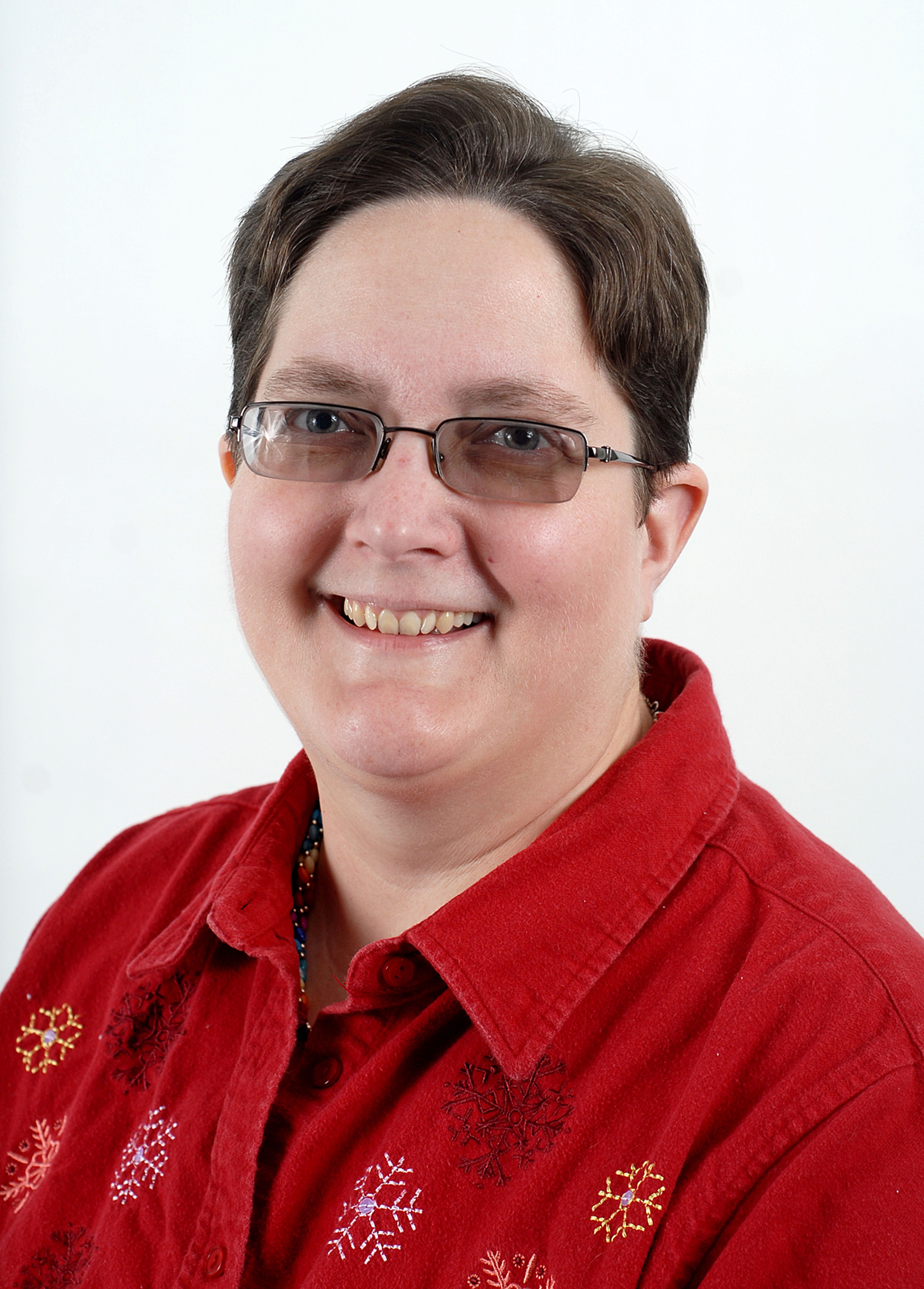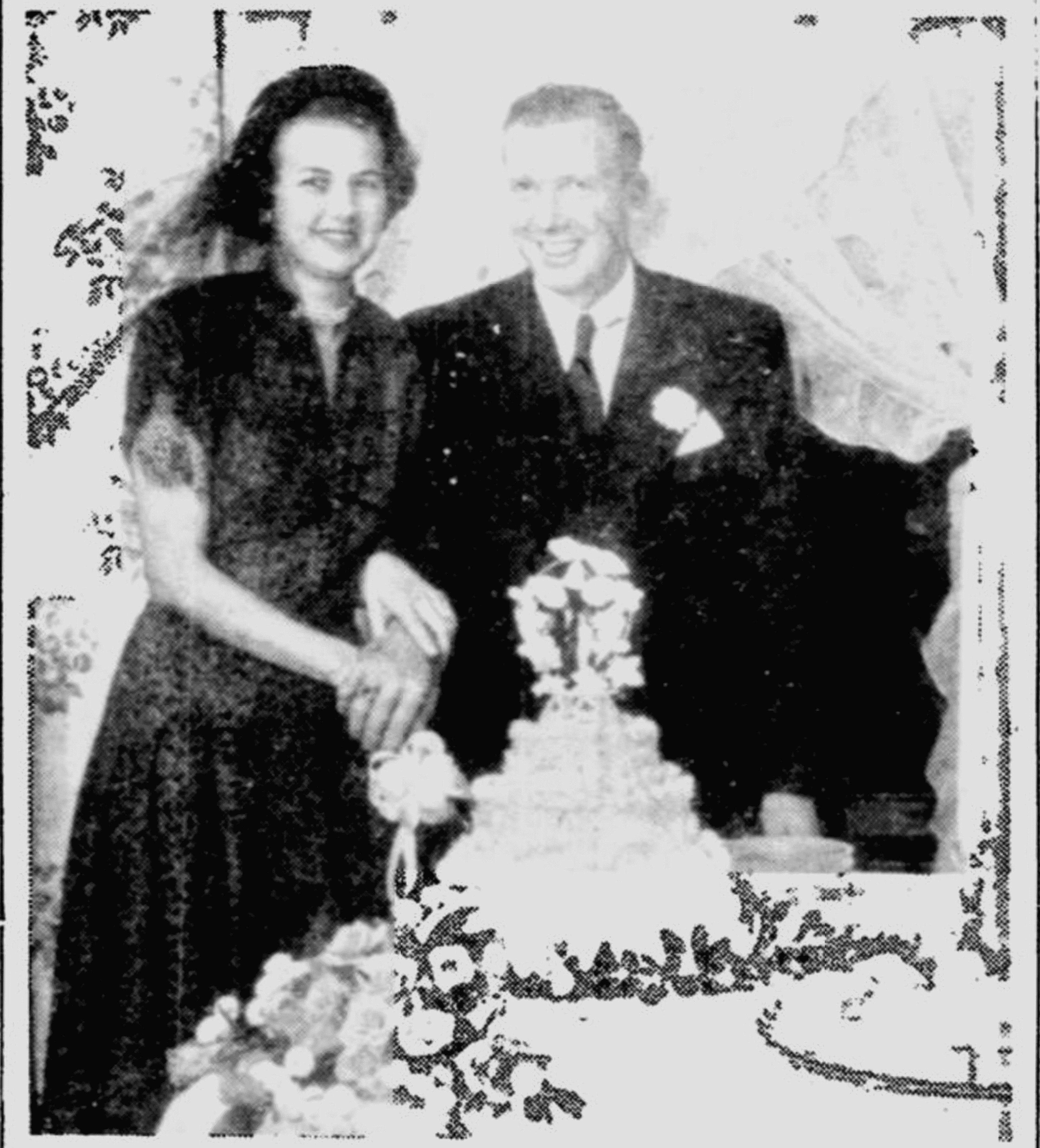3 Cape girls tour Europe on bicycles
In 1949, three Cape Girardeau women embarked on a remarkable bicycle tour across Europe, chronicled in letters by Melva Rose Schrader. Discover their adventures through France, Switzerland, Italy, and beyond.
The spring of 1949 saw Mary Russell Fox, her sister, Helen Coerver Fox, and their friend, Melva Rose Schrader, preparing for a big adventure: a bicycle tour through Europe. At the time of their summer trip, Mary Russell was 22; Helen Coerver, 24, and Melva Rose, 26.
While the Fox sisters, daughters of Mr. and Mrs. Burwell Fox Jr., were both school teachers, they apparently were not much for letter writing. Luckily for us, Schrader was. Several of her letters were reprinted in the Southeast Missourian, telling of the trio’s jaunt across southwest Europe with an American Youth Hostel group.
This first article tells of the women’s plans. Schrader’s letters printed in the Missourian follow.
Published Wednesday, June 15, 1949:
Girardeau trio to join youth hostel group in tour of part of Europe
Leaving the first of next week, Miss Helen C. Fox and Miss Mary Russell Fox, 915 College Hill, and Miss Melva Rose Schrader, 916 College St., will sail from Quebec on Saturday, June 25, aboard the Scythia of the Cunard Line as members off an America Youth Hostel group touring southwest Europe.
Landing in London, the girls with the rest of their party of 10 students and a leader, will travel by train and bicycle through France, Switzerland and Italy. Leaving their party for a few days, they will also visit in Germany with Burwell Fox III, brother of the Fox girls, who is stationed in Wiesbaden as a civilian on the staff of the Air Transport Command. On the tour they will stay overnight at youth hostels or other inexpensive shelter and will do much of their own cooking.
On the way to Quebec they will visit in Springfield, Massachusetts with Mrs. Roland Butler who has been here with their mother, Mrs. W.D. Damm, 403 N. Louisiana, and Miss Schrader will visit her sister, Mrs. Howard (Margie Lee) Casterson, in Akron, Ohio, for one day. Before sailing, they will be guests in Quebec of the Quebec cycling club for a tour of the city and a reception on the boardwalk in front of the Chateau Frontenac. They will return to Quebec sailing from Le Havre on Aug. 20.
• • •
Published Monday, July 11, 1949:
Writes of early days on trip to Europe
In a letter written July 4 while aboard the Cynthia, Miss Melva Rose Schrader, 916 College St., writes of the beginning experiences of the three Girardeans who are on a bicycle tour of Europe. The letter follows:
Cape Girardeau is a well known name aboard this ship — what with five of us to sing her praises. There are Betty Bowen Morrow and Billie Bryant, both former State College students, on the Experiment in International Living, and Helen Fox, Mary Russell Fox and myself, who are on an American Youth Hostels bicycle trip. Betty is going to France, Billy to Denmark, and the rest of us to England, France, Switzerland, Germany and Italy.
On the Sythia, a Cunard liner of 20,000 tons, are 1,100 passengers and 400 crew members. The majority of passengers are students, or recent college graduates, and the youthful exuberance is something to behold. Since sailing from Quebec June 25, we’ve had calm seas and little cause for seasickness, so it’s been one continuous party.
The ship itself is far from the austere, stripped down carrier we were led to expect. True, there are 40 other girls in this compartment, but the bunks are only two deep. We sleep in the lowers and have the uppers to stow our gear. (Not much since we are restricted to two saddle bags, a sleeping bag and a small bag that fits on our bicycle handlebars.) And we have the run of the ship including the library, free movies, dancing, laundry room and four lounges.
At meals is when we experience our real luxury. We have two “sittings” for each meal. There are 16 at each table with two waiters, printed menus, flowers and at least five courses to each meal. The only way they can get us away from the table is to remind us that unless we leave lunch by 2:30, we’re apt to miss our 3:30 tea.
Besides the regular dances every night, we’ve been having square dances on deck with the crew. They’re mostly young English boys who are fascinated by our seemingly universal college training. “We leave school at 14,” they keep repeating.
We sighted our first land yesterday, the Scilly Isles off Land’s End, England, and today we docked at Le Havre, France, to let off about 200 hundred of our passengers who are going to the continent. The harbor is still littered with hulls of ships sunk during the war, and the entire waterfront section is still only slightly rebuilt from its total warfare destruction. Tomorrow morning we dock at Tilbury, 30 miles from London.
• • •
Published Wednesday, July 27, 1949:
New experiences for Missouri girls traveling in Europe
From Amboise, France, a letter written July 16 by Miss Melva Rose Schrader, 916 College St., one of hundreds in Europe on a bicycle tour, relates interesting highlights encountered so far. Her latest note follows:
Just one week ago today we crossed the Channel after three days in London and really began our bicycle tour of the continent. After landing at Dieppe, we went to the cathedral town of Rouen, where we stayed in our first European hostel — adequate, but our all-girl group was understandably shocked by the French outdoor plumbing.
Since the hostel at Rouen, we’ve slept in hay fields and village hostels across Normandy through Cain and and over as far as Mont St. Michel — the ancient abbey fort located on an island in the sea on the boundary between Normandy and Brittany.
Not tourist territory
The country we’ve covered biking is definitely not tourist territory. Last night in Tours was the first sign we had seen of the American invasion of Summer 1949.
Bill Coleman and the farmers of Cape County would be most interested in this Normandy farm country. All the fields are bordered by high hedges much like the multi-flora rose hedge we have in the experimental stage in Cape County.
Though all the land is gently rolling and in some places the hills are quite steep (bikers notice things like that), we have not seen a single sign of erosion in any field since we crossed the English Channel — and this is land that has been in cultivation for centuries.
Talk of bombings
Americans are most popular through Normandy though they have seen very few since the American soldiers who landed on the Normandy beaches and liberated this section. There is some resentment against the Americans though. Such as the time we commented on the horror of the bombings that had almost obliterated some sizable towns. “It was American bombing,” a young Frenchman reminded us (France was in German hands at the time — but those bombed out buildings had been his home).
Tonight we’re in a tent camp across from the Youth Hostel at Amboise. The modern, tile floor hostel is full to capacity with Americans, French, English, Irish, Germans, etc. The roads are full of cyclists of all countries loaded down with gear — camping out and spending nights in hostels such as this.
Cost not high
Just across the Loire River is one of the oldest and most beautiful chateaus in this famous chateau region. We’re just 15 miles outside Tours, which dates back past 732 A.D.
Food is good and most inexpensive. When we really splurge, we have a restaurant meal for 200 francs (about 65 cents). Tonight all 10 of us cooked our steak dinner (cauliflower, bread, butter, tomatoes, peaches and wine) for the grand total of 1,097 francs — less than $4.
• • •
Published Tuesday, Aug. 23, 1949:
Girardeans returning after tour of Europe; Amsterdam impresses
Written Tuesday, Aug. 16, four days before she sailed from Paris, France, to America is a letter from Miss Melva Rose Schrader which tells of the tour through western Germany, Holland, Belgium and northern France, which she made with Misses Helen and Mary Fox and the latter’s brother, Bob Fox, who is working at Wiesbaden. Riding in Bob’s small German Volks Wagon, which is about the size of a Crosely, the four made the trip in a week.
Leaving Weisbaden, they saw the castles along the Rhine, many of which are in ruins, the Lorelie rocks at the narrowest stretch of the Rhine, bomb-devastated Frankfort and the cathedral at Kaln. By late afternoon of the first day they were crossing the border into Holland, and soon afterward drove through Utrecht, stopping to spend the night at the Schiller Hotel in Amsterdam.
Sees Amsterdam
Miss Schrader writes, “Amsterdam was quite a revelation. Far from the quaint little village of Hans Brinker, it is a clean, modern city, bustling with commerce, and has more bars per square block than any city we’ve seen including Paris. A morning tour by canal motorboat showed us the harbors and age old warehouses built during the glorious commercial days of the 17th century.”
From Amsterdam, the group went the following day to Hague, capital of Holland and location of the World Court and Peace Palace. From there they wen to Rotterdam, across the Belgian border, saw Antwerp and were installed in a hotel in Brussels by 6 o’clock that evening. Of Brussels, capital city of Belgium, Miss Schrader writes: “It is a most unusual city. Even the guide books admit the designs of some of the city’s monuments and buildings are ‘odd’ and ‘little mixed.’”
In Paris, the girls joined the Hostel group, and Bob Fox returned to his work at Weisbaden. With four days left before sailing, the Girardeans had sufficient time in Paris to re-visit the ballet, opera, museums and other places that interested them. Miss Schrader wrote that the tourists had simply taken over the city with so many of the Parisians spending the month in the country. She mentioned that they saw in Paris many of the people who sailed with them on the boat from America, waiting for the sailing which was scheduled for Saturday, Aug. 21.
• • •
Their bicycle tour through Europe must have been one of the highlights of these women’s lives. Two of them — Mary Russell Fox in 2017 and Helen Coerver Fox Glazer in 2022 — included the information in their obituaries.
Melva Rose Schrader Lewis, who I knew from her employment at the Southeast Missourian when I joined the company in 1980, as well as through membership in the Cape Girardeau County Genealogical Society, passed away in 2002, while in Prague, Czech Republic.
Sharon Sanders is the librarian at the Southeast Missourian.
Connect with the Southeast Missourian Newsroom:
For corrections to this story or other insights for the editor, click here. To submit a letter to the editor, click here. To learn about the Southeast Missourian’s AI Policy, click here.











